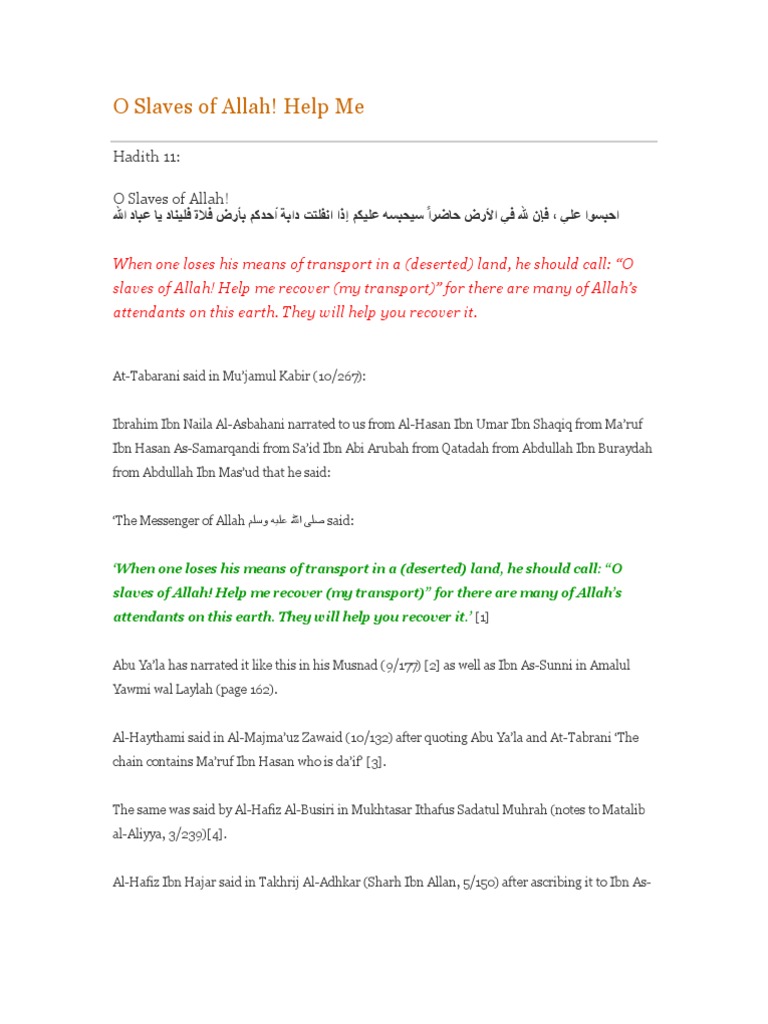Bahá’í teachings encapsulate a profound commitment to justice, equity, and the inherent dignity of all human beings. Among the most significant of these teachings is the pivotal notion of freeing the slaves, reflecting Bahá’u’lláh’s unwavering stance against the institution of slavery and the socio-economic injustices that perpetuate it. This article intricately explores this aspect of Bahá’í doctrine, delving into the historical context, ethical implications, and contemporary relevance of Bahá’u’lláh’s teachings on justice.
In order to appreciate Bahá’u’lláh’s pronouncements on slavery and justice, it is essential to grasp the societal backdrop of the 19th century. During this era, slavery was not merely a vestige of the past; it was an entrenched practice in many societies, including those in Europe and the Americas. The abolitionist movements were gaining momentum, yet the fight for human rights was fraught with challenges. Bahá’u’lláh emerged as a beacon of hope, advocating for the liberation of all individuals from oppression and injustice, which included systemic slavery.
Bahá’u’lláh condemns slavery not only as a moral abomination but as an affront to the very essence of humanity. His teachings elucidate that every human being possesses an intrinsic worth that must be recognized and respected. In this light, the liberation of the enslaved becomes a moral imperative, transcending mere legal emancipation. It requires a holistic transformation of societal attitudes toward human rights and dignity.
Central to Bahá’í teachings is the concept of oneness—an idea that transcends boundaries of race, nationality, and class. Bahá’u’lláh proclaimed that humanity is like a single body, and the suffering of one affects the whole. This analogy is particularly salient when considering the plight of slaves. Their suffering is not isolated; rather, it reverberates through the fabric of society. Thus, Bahá’u’lláh’s call for justice serves to unify and galvanize the community towards collective action against oppression.
The notion of justice is further developed through the Bahá’í principle of consultation. This democratic process encourages dialogue and collective decision-making, inviting diverse perspectives to address complex issues such as slavery and exploitation. The teachings advocate for an equitable society where each voice is heard, thus dismantling the hierarchies that allow for such injustices to persist. By fostering an environment of mutual respect and understanding, Bahá’U’lláh’s teachings urge individuals to rise against systems of oppression that deny freedom and rights.
In Bahá’í theology, freedom is not merely the absence of physical chains, but encompasses the liberation of the mind and spirit. Bahá’u’lláh emphasized the importance of education, advocating for the empowerment of individuals through knowledge. An educated populace is less likely to acquiesce to injustice; therefore, education becomes a powerful tool in dismantling the ideologies that sustain slavery. The pursuit of knowledge, then, can be seen as a pathway to liberation, fostering critical thinking and compassion among individuals.
The impact of Bahá’u’lláh’s teachings regarding the liberation of the enslaved extends into contemporary socio-political contexts. Modern forms of slavery, including human trafficking and forced labor, echo the historical injustices that Bahá’u’lláh vehemently opposed. The principles of justice, equity, and the oneness of humanity remain highly relevant as societies grapple with these complex ethical issues. Activists inspired by Bahá’í teachings work tirelessly to raise awareness and mobilize communities against these forms of exploitation.
Moreover, Bahá’í institutions are often at the forefront of social action, championing initiatives aimed at eradicating poverty and inequality. By promoting economic justice, Bahá’í communities contribute to the creation of conditions that deter the recurrence of slavery and exploitation. This proactive approach combines advocacy with grassroots efforts, embodying the dynamic interplay between belief and action. The teachings, therefore, serve as a clarion call for moral responsibility and social stewardship.
As one delves deeper into the ethical framework provided by Bahá’u’lláh, it becomes evident that the call to free the slaves extends beyond a historical context. It invites a profound introspection on our current societal structures, challenging individuals to reconsider their roles and responsibilities in the fight against injustice. The promise of a more just world is within reach, but it necessitates collective consciousness and action.
In conclusion, Bahá’u’lláh’s teachings on freeing the slaves illuminate a pathway toward justice that remains relevant across the ages. By championing the principles of equity, education, and the oneness of humanity, these teachings offer a transformative lens through which to view the ongoing battle against forms of oppression in contemporary society. The liberation of the enslaved is not merely a fight against an archaic practice; it is an enduring campaign for the inherent dignity of every individual. Embracing these ideals prompts a collective awakening, challenging us to confront injustice with unwavering resolve, while nurturing a vision of a more equitable world for all.
